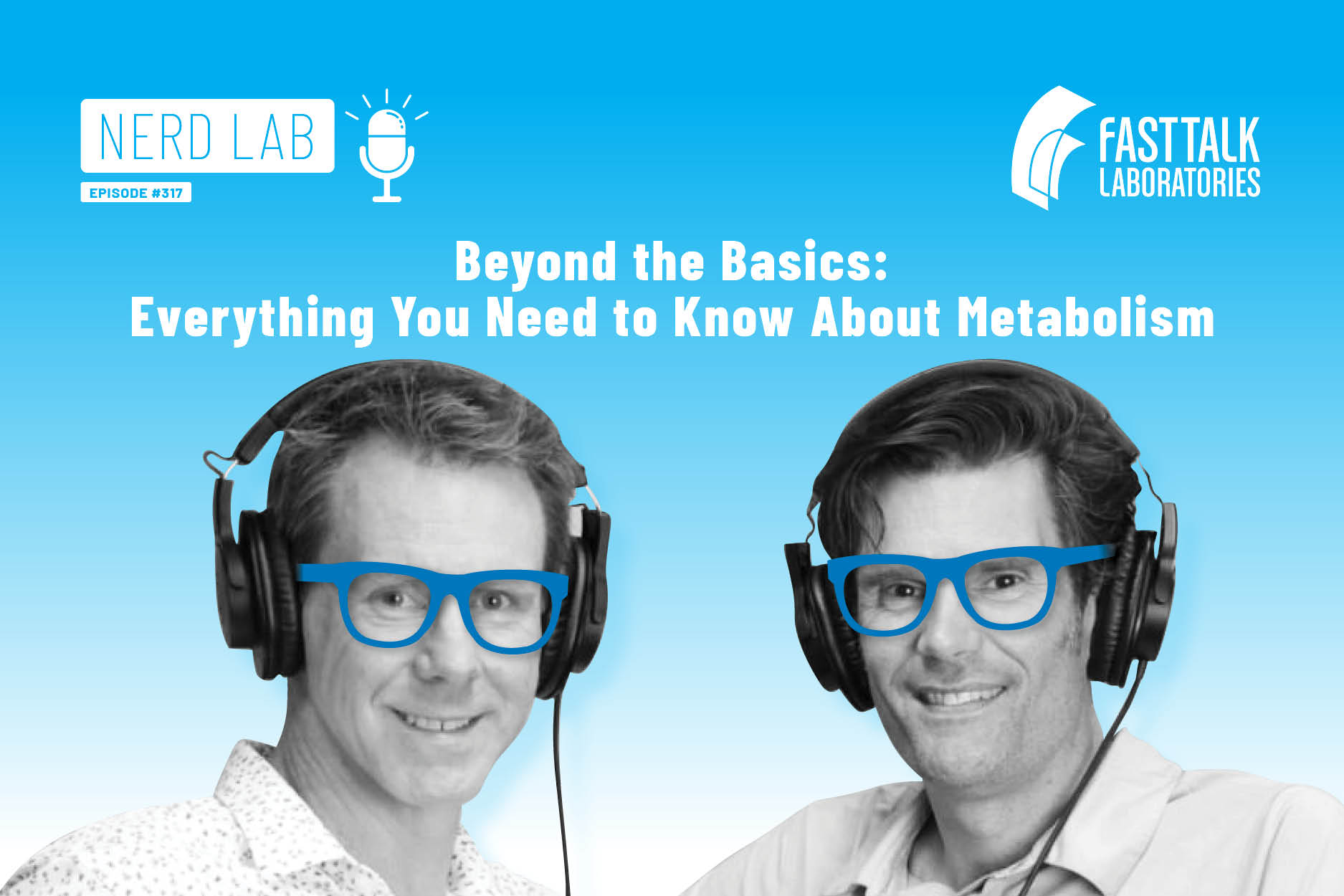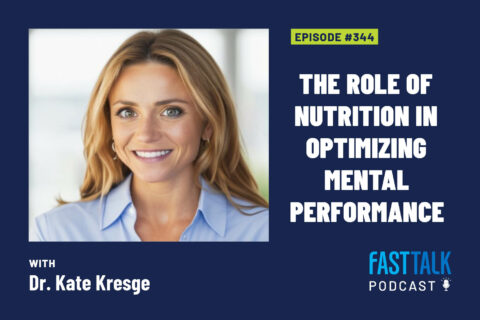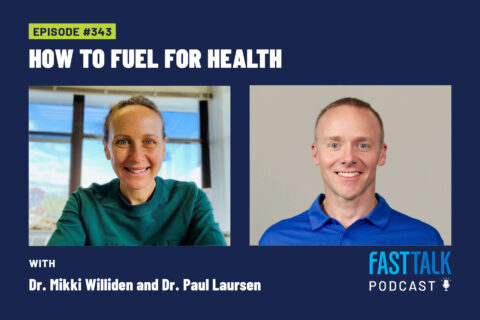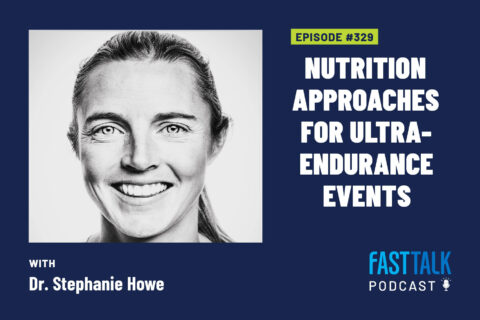Back for a third time to take on a topic way too big for a single episode (but they’re going to do it anyway), our hosts Rob Pickels and Trevor Connor are exploring metabolism. It’s a term we’ve all heard. Many of us have complained that we don’t have the same metabolism we did when we were teenagers. But do we really know what this thing is that has slowed down so much?
Metabolism is the sum total of all the processes in our body that use and store energy. Saying it has “slowed down” only means you’re not using as much energy. Go for a long bike ride and your metabolism just sped up. There’s nothing magical about that.
What is magical about metabolism is the remarkably sophisticated machinery inside our cells designed to use energy from carbohydrates and fats. Many of the machines around us, like our cars, use heat energy. That’s not possible in our bodies. Instead, they use chemical energy, where energy is stored by binding molecules together and released by breaking them apart. Inside our cells, the fuels we eat (like carbohydrates and fats) are constantly broken apart—releasing energy that is then captured.
But here’s the cool thing about metabolism. The energy isn’t captured directly by our muscles or heart or brain to power their activities. Instead, it is all captured to do one thing: to produce another molecule called adenosine triphosphate (ATP). It is ATP that is used to directly power everything that happens in our bodies.
RELATED: Episode 285: Do the Potential Benefits of Ketone Supplements Go Beyond Performance?
In this episode, our hosts define metabolism and explain this miraculous molecule, ATP. Then they dive into the various machinery that converts our fuels to ATP, including glycolysis, the Kreb cycle, and oxidative phosphorylation.
Don’t worry, this isn’t going to be a deep physiology lecture—we’d need an entire semester just to explain the above three mechanisms. Instead, our hosts are going to go over what you need to know so you can understand when your coach or cycling friend talk about these concepts.
Tune in for the usual humor and off-the-wall facts you probably didn’t know—like how we’re able to use oxygen because a very long time ago a bacteria infected a cell and they ended up liking one another.
So, take a deep breath, and let’s make you fast!
RELATED: Episode 271: Nerd Lab: Touching on the Extraordinary Work of Dr. John Hawley










